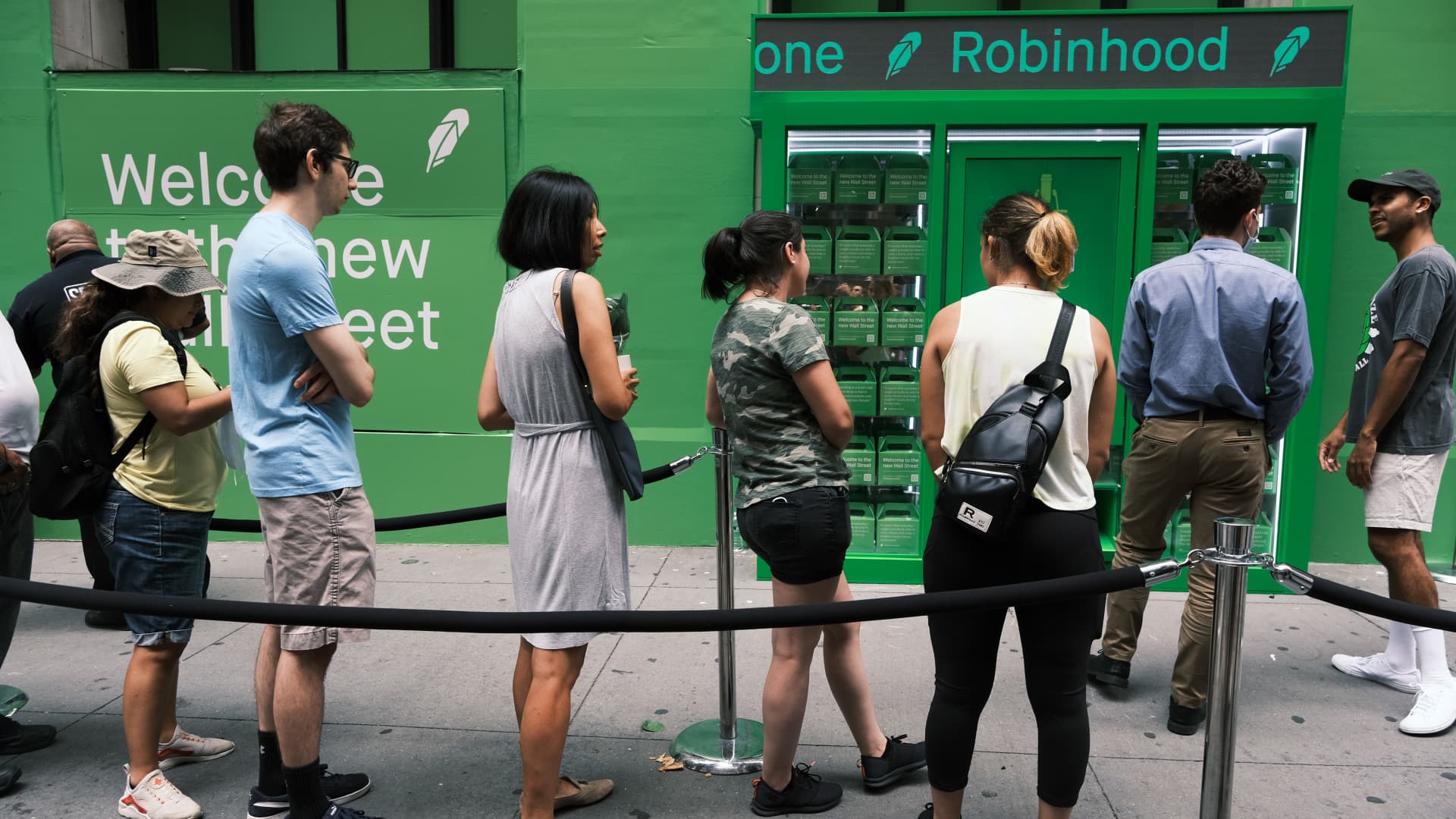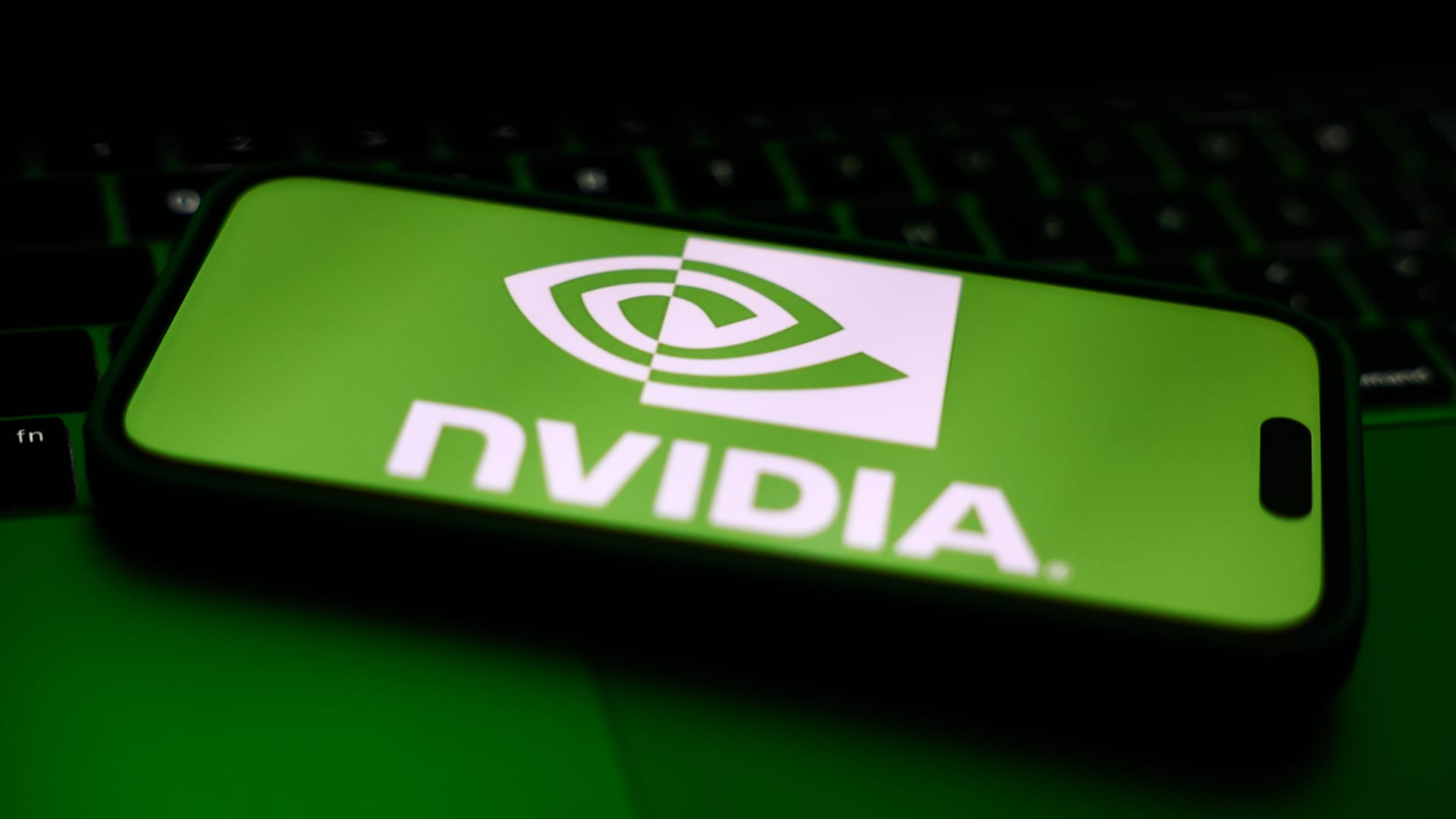Finance
AI growth is just getting started, BlackRock’s thematic ETF head says
-

 Blog Post1 week ago
Blog Post1 week agoCommon Bookkeeping Challenges and Solutions for Small Businesses
-

 Economics1 week ago
Economics1 week agoWhy the president must not be lexicographer-in-chief
-

 Finance1 week ago
Finance1 week agoThis is why Jamie Dimon is so gloomy on the economy
-

 Accounting1 week ago
Accounting1 week agoSteinhoff fraud trial moved to South Africa’s high court
-

 Personal Finance7 days ago
Personal Finance7 days agoWhat the national debt, deficit mean for your money
-

 Personal Finance1 week ago
Personal Finance1 week agoHow to save on summer travel in 2025
-

 Personal Finance1 week ago
Personal Finance1 week agoDenmark raises retirement age to 70; U.S. might follow
-

 Finance1 week ago
Finance1 week agoWhy JPMorgan hired NOAA’s Sarah Kapnick as chief climate scientist












